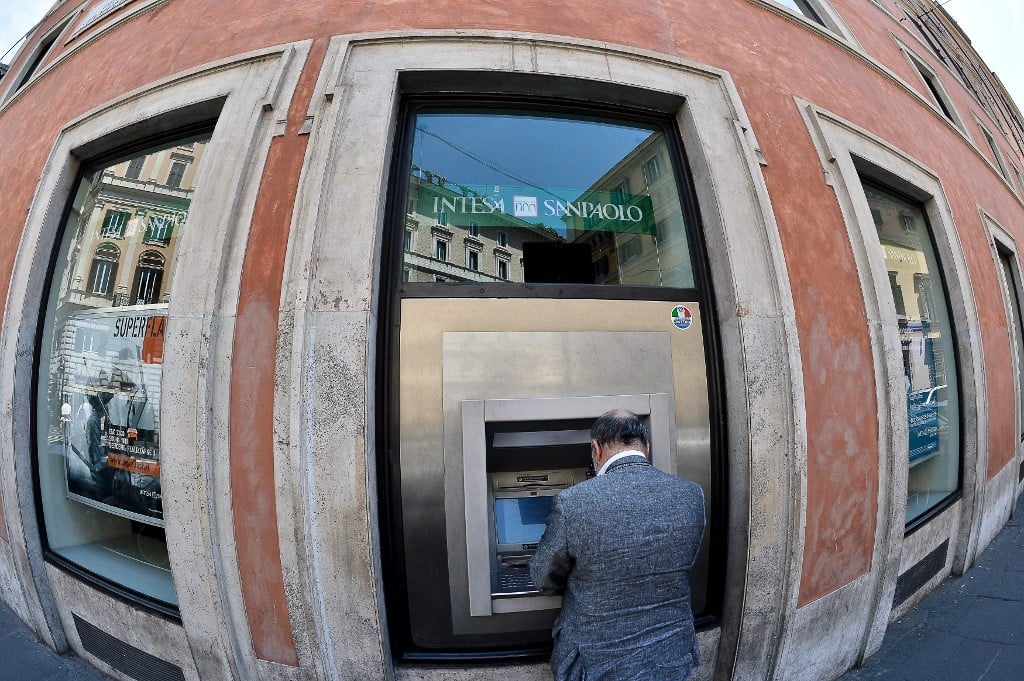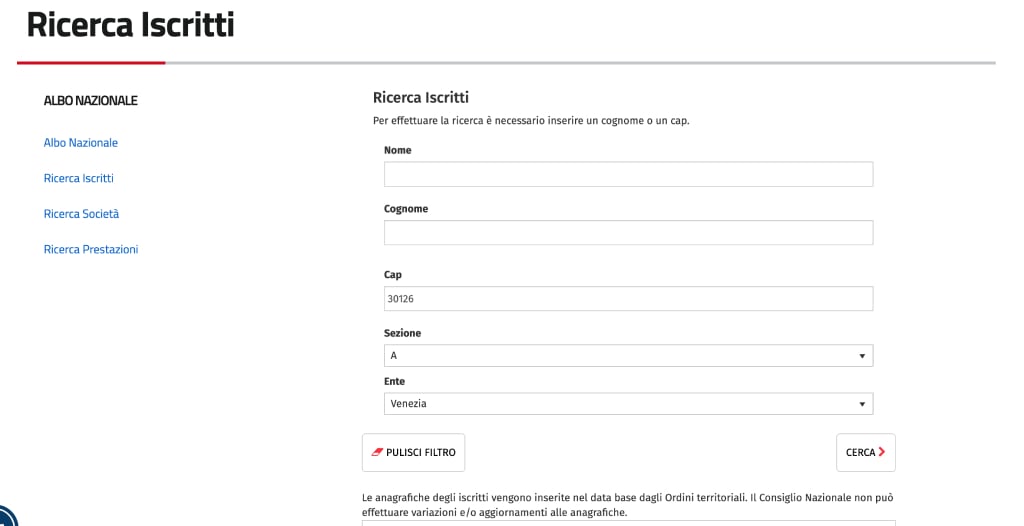In the first six months of 2023 the value of digital payments in Italy was almost equal to cash payments, according to new data, marking a year-on-year increase of 13 percent.
If the trend continues in the second half of 2023, this will result in between 425 and 440 billion euros in electronic transactions in Italy this year – only slightly less than the predicted total for cash payments, said researchers behind the latest report from the Innovative Payments Observatory at Milan’s Polytechnic University.
The numbers appeared to mark a major shift in spending habits in Italy, where cash is famously preferred over card by the majority.
Publishing the findings on Friday, Italian newspaper La Stampa said the report showed “how the pandemic has permanently changed the habits of Italians.”
“Cashless payments exploded during the lockdown years and continue to grow, albeit at lower rates than during that period,” La Stampa wrote.
An editorial in national newspaper La Repubblica on Friday hailed the data as proof that the age of cash-only payments in Italy was over, with the publication claiming that the enduring stereotype of Italian small business owners refusing to accept payment by card was no longer valid.
READ ALSO: Italy rated ‘worst in Europe’ for internet and paying without cash
“Taxi drivers who once looked askance at you if you asked to pay by card are very rare; and the same goes for the shopkeepers who told you ‘sorry, my card reader is broken’,” wrote La Repubblica.
“Indeed, there are some with a sign next to the cash register that says they prefer digital payments.
“The predictions that we are moving towards a cashless society finally seem realistic.”

Reports highlighted how Italians were increasingly using payment apps for cashless transactions made using phones, smartwatches and other devices.
They also stressed that the use of card payments accelerated during the pandemic, partly due to a newfound aversion to touching banknotes, but also driven by the government at the time incentivising electronic payments in a crackdown on Italy’s longstanding issues with tax evasion.
A shopping ‘cashback’ scheme was put in place in late 2020 by then-prime minister Giuseppe Conte as part of his government’s ‘Cashless Italy’ strategy, intended to encourage people to swap cash for card in order to make payments easier to trace.
The current Italian government has taken a pro-cash stance since coming to power a year ago, seeking to raise the limit on cash payments, and to allow shopkeepers to refuse cards for amounts under 60 euros – though in the end it was unable to enact the measures, which were deemed a tax evasion risk by the European Commission.
According to the most recently available international data comparisons, which were published in 2022 using figures from 2020, Italy had a long way to go to catch up with its European neighbours.
Italy languished at third from bottom place for number of cashless payments per capita in a European ranking published by Italian financial newspaper Il Sole 24 Ore, with only Romania and Bulgaria recording fewer electronic payments than Italy at the time.
Italians used cash for 82 percent of transactions versus the 73 percent eurozone average, according to a 2020 study by the European Central Bank.
The situation varies somewhat by city and region. Il Sole’s figures showed that Lombardy, the region around Milan, recorded the highest rate of cashless transactions within the country, followed by Piedmont and Tuscany. At the bottom of the table were the southern regions of Basilicata, Molise and Campania.
As it appears that Italy – or part of it – has begun to fully embrace cashless payments in recent months, we’ll need to wait for more data to confirm the trend and find out whether card could soon replace cash as the preferred payment method in Italy.




 Please whitelist us to continue reading.
Please whitelist us to continue reading.
Member comments